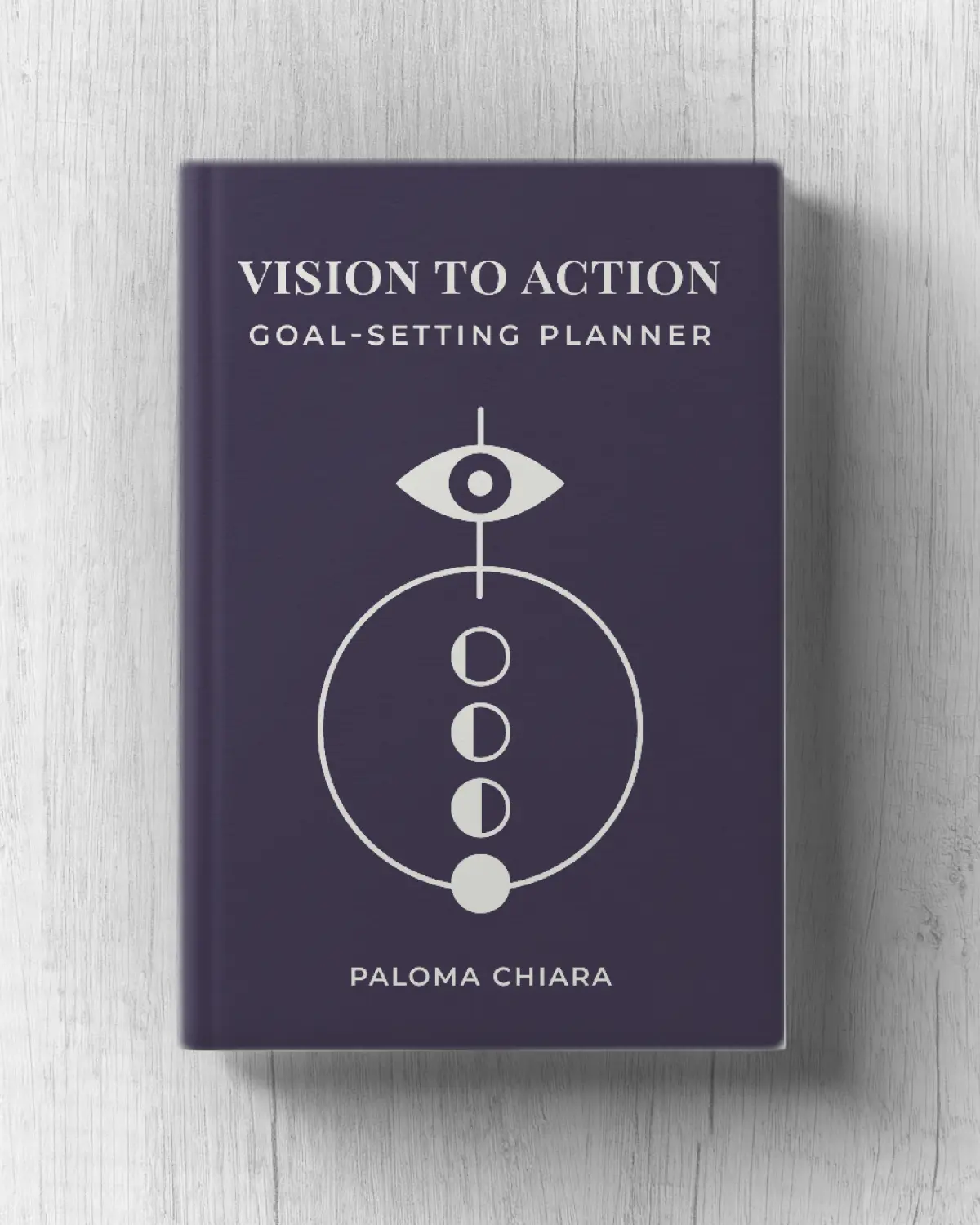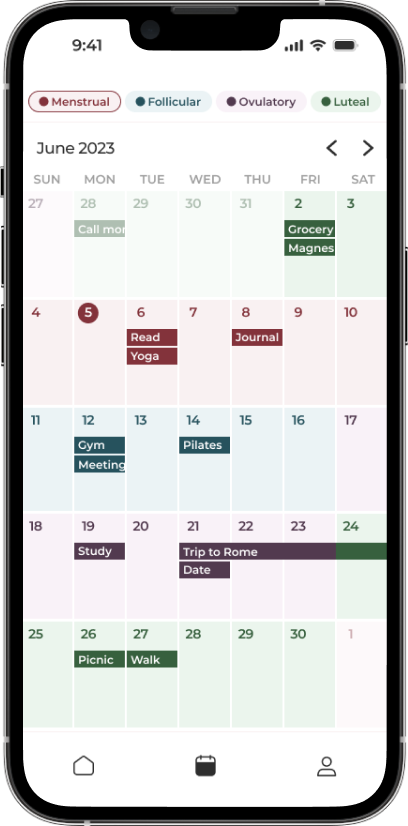How to Use Journaling to Crush Your New Year’s Resolutions

New Year’s resolutions can be a great way to set fresh intentions and goals for the year ahead. However, as time passes, it can become easy to lose focus or give up on these promises to ourselves. Journaling is a powerful tool to help you stay on track, reflect on your progress, and remain motivated throughout the year. By incorporating journaling into your routine, you can turn your resolutions into achievable goals and make lasting changes in your life. Here’s how you can use journaling to crush your New Year’s resolutions.
1: Choosing the Right Journal
The first step in using journaling to crush your New Year’s resolutions is selecting the right journal. A blank journal gives you the freedom to express yourself however you choose, offering a flexible and creative space for your thoughts and goals. On the other hand, a guided journal provides structured prompts that help you stay focused, organized, and on track with your resolutions. It’s important to choose a journal that suits your personality and needs. If you need more direction and support, a guided journal could be ideal. If you prefer a free-flowing approach, a blank journal might be the better choice. Whatever you choose, the key is consistency and making journaling a regular part of your goal-setting process.

Check out the Vision to Action Planner for only 6$
More info2. Set Clear, Specific Goals
One of the biggest reasons resolutions fail is because they lack clarity. Vague goals like “get fit” are hard to measure. Instead, use journaling to break down your goals into clear, specific action steps. Write about what you want to accomplish and why it’s important to you. Make sure your goals are SMART (Specific, Measurable, Achievable, Relevant, and Time-bound).
For example, instead of writing “I want to get fit,” write “I will exercise for 30 minutes, four times a week, by the end of the month.” This gives you a clear target and timeline, which will keep you focused.
3. Create a Plan of Action
Once your goals are set, the next step is to create an actionable plan. Journaling helps you organize and plan your steps effectively. Each day or week, write about the specific tasks that will get you closer to your goal. You can break larger goals into smaller, more manageable steps to avoid feeling overwhelmed. Tracking your progress in this way will allow you to stay motivated, adjust your approach as needed, and recognize when you’ve reached a milestone.
For example, if your goal is to save money, write down daily or weekly actions such as cutting unnecessary expenses or setting aside a certain amount from your paycheck.
4. Use Reflection to Stay Focused
Journaling can also be an invaluable tool for reflection. At regular intervals, take a moment to reflect on your progress and how you’re feeling. This is a great opportunity to ask yourself:
- What’s working well?
- What challenges have I faced?
- How do I feel about my progress?
- What can I improve?
Reflection keeps you accountable, allows you to adjust your goals if necessary, and ensures that you stay connected to the reasons behind your resolutions. Over time, it will also help you notice patterns and habits that contribute to or hinder your progress.
Quiz: What Is Blocking Your Success?
This quick quiz will help you figure out which mental or behavioral pattern might be holding you back from achieving your full potential. Identifying your specific success blocker is the first step toward breaking through to new levels of achievement and fulfillment.
Read each question and choose the answer that feels most true to your situation.
No email or payment is required to complete the quiz and receive your personalized insights.
Once you have your primary success blocker, you have clarity about what’s been holding you back. This awareness is powerful—many people spend years struggling without understanding the specific pattern that’s limiting their progress.
Remember, these patterns aren’t permanent character traits but rather habitual ways of thinking and behaving that can be changed with the right guidance and practice.
If you’re ready to break through your specific blocker and achieve the success you know you’re capable of, send me an email to try out a coaching session. Your breakthrough awaits!
5. Use Gratitude to Boost Motivation
As you pursue your resolutions, it’s essential to stay motivated. Journaling gratitude is a great way to maintain a positive mindset and celebrate small wins along the way. Write about the things you’re grateful for—whether it’s a step closer to your goal or the support of a friend. Gratitude creates a sense of progress and fulfillment, even when things get challenging. This will not only keep your spirits high but also help you stay engaged in the process.
For example, after a week of consistent workouts, take a moment to acknowledge the effort you’ve put in, no matter how small the results may seem.
6. Track Habits and Progress
Keeping track of your habits is a simple yet effective way to stay committed to your resolutions. Dedicate part of your journal to tracking habits that will help you succeed. Whether it’s exercising, saving money, reading, or drinking enough water, write down each day’s progress. This will help you stay on track and visualize your progress. Over time, you’ll notice patterns and feel encouraged by your consistency.
For instance, if your goal is to read more books, use a journal spread to track how many pages or chapters you’ve completed each day. Seeing progress in black and white can be incredibly motivating.
7. Visualize Your Success
Visualization is a powerful tool for achieving your goals, and journaling can make this practice even more effective. Write about what success looks like to you, and imagine how you’ll feel when you’ve accomplished your resolutions. Be specific about the emotions you’ll experience and the impact it will have on your life. The more vividly you can visualize the outcome, the more motivated and confident you’ll be to keep going.
For example, if your resolution is to launch a new business, journal about the day you launch it, imagining how it will feel to see your hard work come to fruition.
8. Stay Positive and Challenge Negative Thoughts
Resolutions often face challenges and setbacks, and during those times, it’s easy to become discouraged. Journaling can help you reframe negative thoughts and replace them with positive affirmations. When things don’t go as planned, instead of focusing on failure, ask yourself what you can learn from the situation and how you can move forward. Write about how setbacks are simply stepping stones on your path to success.
For example, if you miss a workout or slip on a diet, use your journal to focus on how you can get back on track instead of giving up entirely.
9. Celebrate Achievements, Big or Small
It’s important to celebrate every milestone, no matter how small. Journaling provides a perfect space to record your successes, reflect on how far you’ve come, and give yourself credit for your hard work. When you make progress, even if it’s just sticking to your plan for one week, take time to write about it. Recognizing your victories boosts motivation and keeps you going.
For example, if you’ve stuck to your resolution to eat healthier for a month, take a moment to write down what went well, how you felt physically and mentally, and what you’re proud of accomplishing.
10. Adjust Your Goals if Necessary
Life doesn’t always go according to plan, and sometimes your goals or the approach you’ve set may need to be adjusted. Journaling allows you to make these adjustments thoughtfully. When something isn’t working, reflect on why and make a conscious decision to change your approach. This flexibility will help you continue progressing without feeling stuck or defeated.
For example, if your goal was to work out five days a week but your schedule changed, use your journal to rethink how you can make time for exercise in a way that fits with your current life.
11. Create Accountability
Finally, journaling can create a sense of accountability, not just to yourself, but to others as well. Share your journaling process with a friend, a partner, or a mentor, and check in regularly about your progress. The act of sharing your goals with someone else makes it harder to back out. You’ll feel motivated to report your progress and share your successes.
For example, if you’ve committed to journaling every day as part of your self-improvement goals, sharing that with a friend makes you more likely to stay consistent.
Guidance Through Life Coaching
As a life coach, I can provide personalized guidance through this process, helping you stay accountable, clarify your goals, and work through any challenges you encounter. Whether you need help breaking down your resolutions or finding the right mindset to keep moving forward, I’m here to support you. Feel free to reach out to me if you want extra help with turning your resolutions into lasting habits.
Still waiting for the 'perfect time'?
Email me what you'd do if you stopped making excuses. We'll work backwards from there.
Let's startRecent posts
-
The Complete Guide to Becoming a High Achiever
Read blog -
How To Make a Positive Impact in Your Community
Read blog -
What Is the “Winter Arc” Challenge?
Read blog -
What Is "the Great Lock-In" and Should You Try It?
Read blog -
What Are the 75 Hard and Soft Challenges?
Read blog -
How to Validate Yourself
Read blog

The App Made To Sync Your Lifestyle to Your Menstrual Cycle.
A solution for women who are looking to keep track of what they sync to their cycles, such as fitness, diet, etc. by adding it to a calendar that also predict their phases.
Learn more





Comment